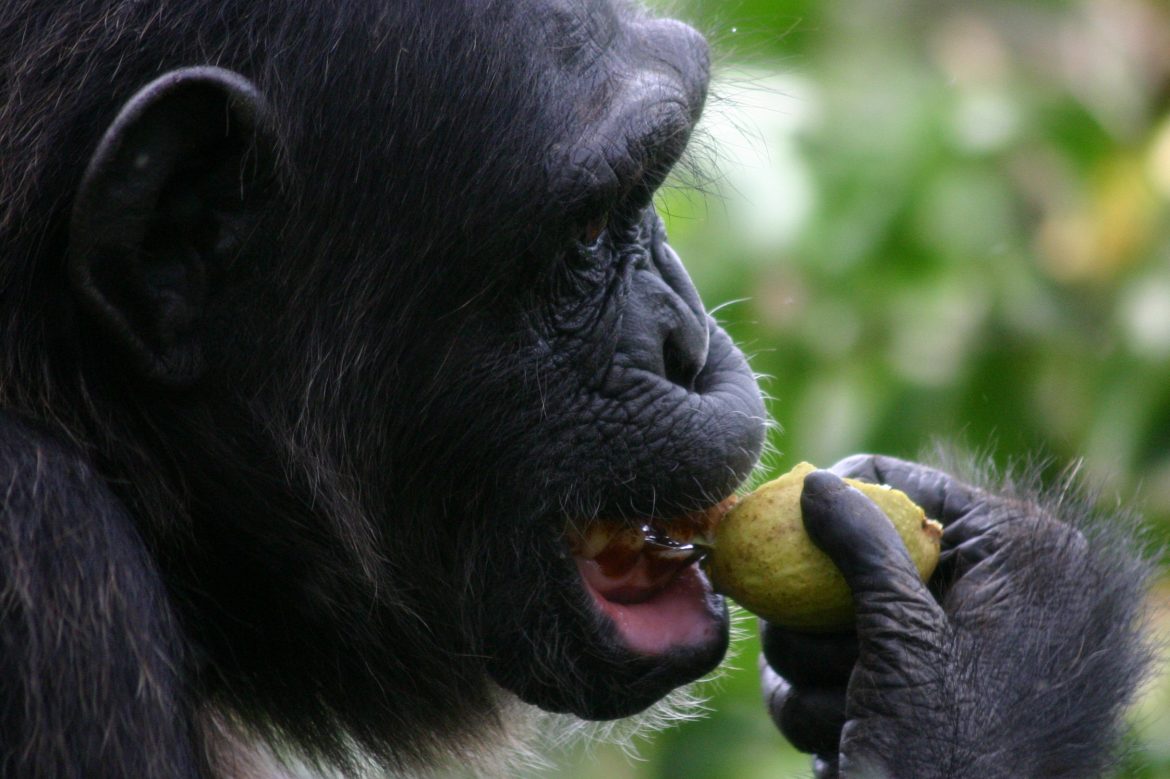
Evolution Hardwired Us for Alcohol Consumption
A study by a team of biologists and anthropologists show that humans’ consumption of alcohol may have its roots in a mutation triggered by drastic changes in global environment, allowing our distant forebears to metabolize ethanol, the ingredient of alcohol that makes us tipsy.
It was known that our ability to metabolize ethanol –enabling us to consume moderate amounts of alcohol without getting drunk– is based on a range of proteins, including alcohol dehydrogenase class IV (ADH4). But although ADH4 which initiates the breakdown of ethanol is found in all primates, not all of these species can metabolise alcohol. Lemurs and baboons, to name some, have a less efficient version of the protein. There was an ambiguity, on the other hand, as to the time when humans evolved the more potent version of the enzyme, with some athropologists associating its appearance with the start of the practice of fermenting foodstuffs about 9000 years ago.
In order to arrive at a more precise date, Matthew A. Carrigan of Santa Fe College in Florida and his team sequenced ADH4 proteins in 19 modern primates and traced them back to several stops in their evolutionary history. The earliest version of ADH4, appearing about 50 million years ago, was found to be able to metabolise ethanol very slowly and in minute amounts. The big find was the revelation that common ancestor for human, chimpanzees and gorillas had evolved a 40 times more effective version of the protein.
Pointing to a global cooling at about the same time which changed the sources of food and forced the common ancestor to descend from the trees to seek its livelihood on the ground, Carrigan says the primates were thus introduced to fruits which had fallen to the ground besides their accustomed staples on trees. And fallen fruits were enriched in ethanol as a consequence of their exposure to bacteria which convert sugars into alcohols.
The researcher notes that, without the mutation that gave rise to the more effective ADH4, ethanol would have rapidly accumulated in the blood of the ancestor to make it speedily inebriated. The primates without the mutation which thus become “cheap dates” will be less able to defend their territories and find food. The primates with the mutation, on the other hand became more efficient in finding food; so the gene were selected in human and chimpanzees.
Carrigan further notes that the finding may explain why the humans were evolved to derive pleasure from alcohol consumption; as ethanol was associated to a main source of nourishment. “It’s not a whole lot different from the addictions some people have towards food; at the right dose, when you didn’t have alcohol and candy at every corner, it was hard to get too much of this sort of stuff, so when you found it, you wanted to be programmed to overconsume.”
REFERENCES
- 1. “Ability to consume alcohol may have shaped primate evolution”, Science online, 1 December 2014
